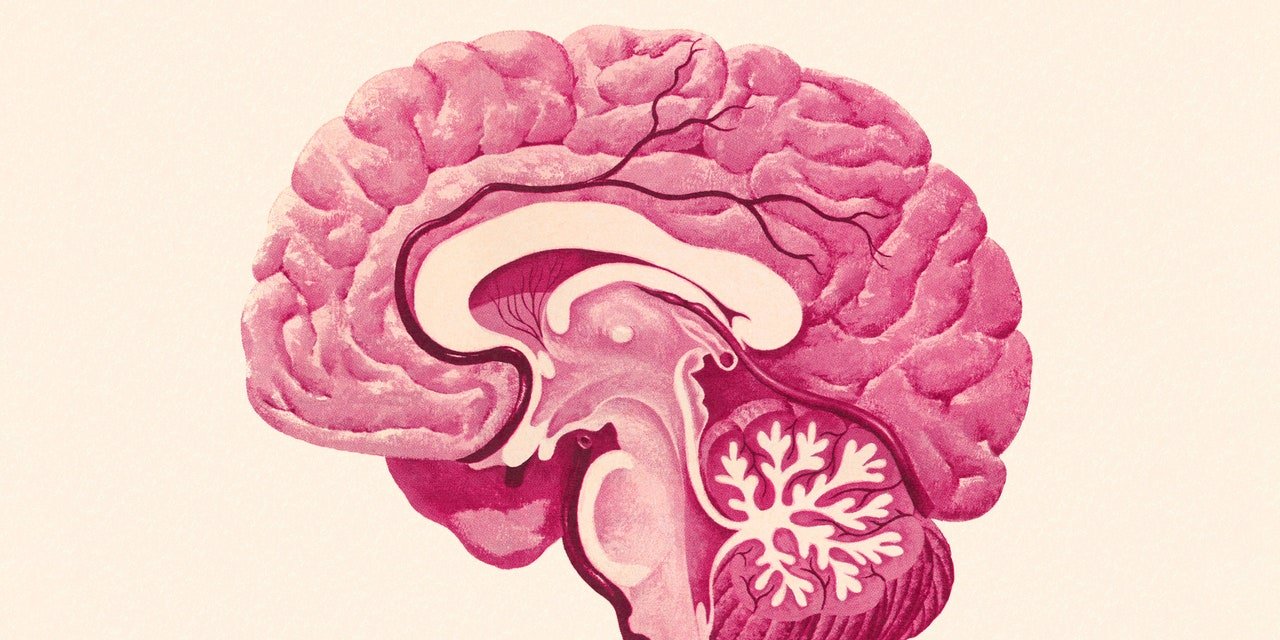Caring for your brain can be a bit of a black box. After all, even medical researchers aren’t sure why some people make it to old age with their memory and thinking intact while others don’t. What we’ve long known is that engaging in healthy habits for the rest of your body—like eating a bunch of plants, getting quality sleep, and staying active—is good for your mind. But now, science suggests another daily practice that may help you ward off dementia: tending to your teeth and gums.
A bunch of research from the past several years has connected the dots between the mouth and the brain: For instance, big population studies suggest that people who have periodontal (a.k.a. gum) disease—based on things like tooth loss and gum swelling and having antibodies to disease-causing bacteria—are more likely to be diagnosed with Alzheimer’s or show symptoms of mild cognitive impairment or dementia than those without oral-health problems.
And MRI studies have also found that people in various stages of gum disease had more brain features associated with dementia risk than those with healthier gums. Of course, there’s a possible chicken-and-egg scenario; if you develop memory problems, you might be less likely to maintain your oral health, Panos Papapanou, DDS, PhD, a professor of dental medicine at Columbia University’s College of Dental Medicine, tells SELF. But generally “the pattern converges” in one direction, he says: More severe gum disease is linked with more concerning findings on brain MRIs.
How poor oral health could bump up your dementia risk
You might think your teeth and gums are in their own little care silo—something to be dealt with at the dentist versus in a visit with your primary care doctor, for instance. But, in reality, your mouth is a portal to the rest of your body, meaning that when something goes wrong within it, the effects can quite literally spread to other organs, including your brain.
One way that can happen is via bacteria, which exist in everyone’s mouth but accumulate differently in folks who develop gum disease, much like how the balance of microbes in your gut can get out of whack, Ryan T. Demmer, PhD, MPH, a professor of epidemiology at the University of Minnesota, tells SELF. A disruption in this healthy mix can lead to irritation and ulcerations (or bleeding holes) in the gums, which may allow some of the bacteria to enter the bloodstream, he says.
From there, the germs can hitch a ride throughout the body, and there’s some evidence that they may even pass across the blood-brain barrier (a shield of cells that typically keep bad stuff out of the brain), Natalie Jeong, DMD, the chair of the periodontology department at Tufts University School of Dental Medicine, tells SELF. Some of these microbes may be directly toxic, messing with cognitive function. Others might spur an immune response as your nervous system tries to fight them off; over time, the chemicals it releases could contribute to the buildup of plaques, or abnormal clumps of protein, in the brain, which are seen in people with dementia, Dr. Demmer says.
















Leave a Reply